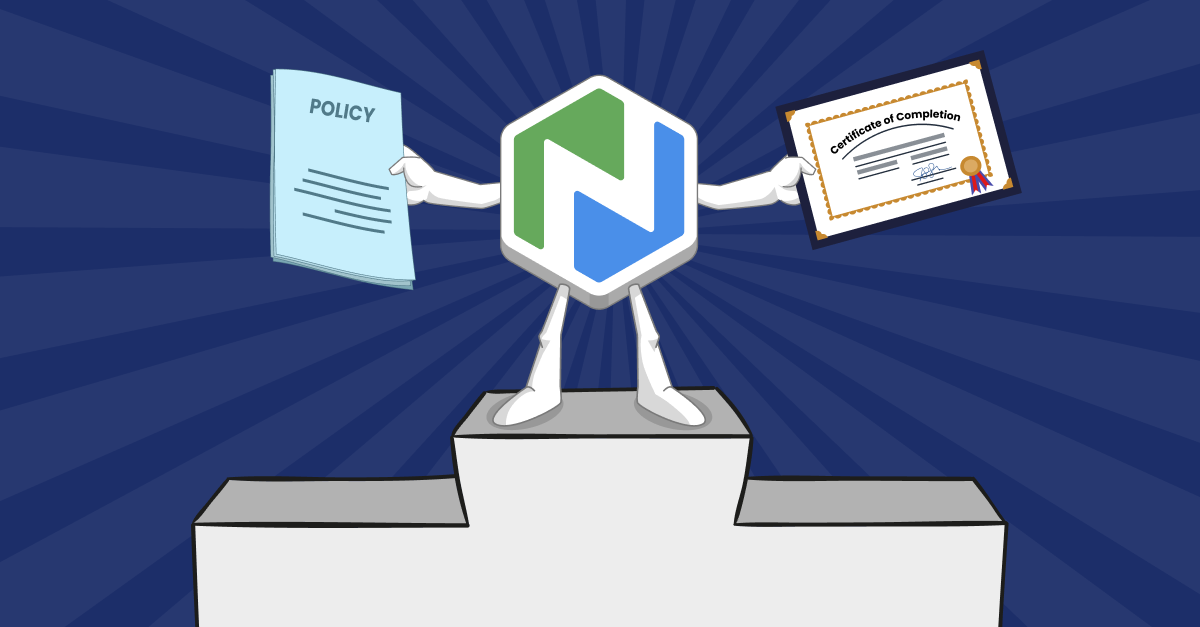Evaluating and Improving Your Organizational Health
Innovative and resilient organizations share some common attributes like belonging, mentorship, meaning, vision, recognition, and satisfaction.
.jpg)
The best research on organizational health indicates that innovative and resilient organizations share some common attributes. Organizations that don't share these attributes, by contrast, tend to have higher turnover, more resource waste, resistance to needed change, and generally make people unhappy.
The Niche Academy organizational health survey provides a quick way to take the pulse of your health. Each person who takes the quiz will have a unique perspective and the results may vary widely from person to person. Here you'll find a brief explanation of each of the attributes measured in the quiz and why they are essential to organizational health.
Belonging
This is a fundamental human need. Curiously, it does not emerge as a product of visible or obvious similarities among co-workers. It emerges from intentional efforts to cultivate rapport and warm relationships that bridge differences between colleagues. It emerges from deliberate attention to individual perceptions. It can happen between peers without active efforts by leadership, but it will only be pervasive when leadership measures and cultivates it.
Career Path
This measures the connection between personal goals and the work required by the organization. People produce their best work when there is a strong connection between the work they do and their personal ambitions. This connection can be strong when a person feels like they are acquiring important skills for some future opportunity or when the work environment makes space for personal priorities outside of work. The connection does not have to be linear, though. A job can also have a strong connection to personal ambitions by simply providing income that allows them to pursue other priorities like schooling, for example.
Mentorship
Employees get effective mentorship when their immediate manager is aware of their personal goals and supports them. This needs to be true even if their personal goals lie outside the organization. This support will allow them to do their best work for the time they remain with the organization.
Communication
The test of effective communication is whether difficult situations like conflicts and broken processes can be addressed without retribution and in a way that leads to resolution. This is not the default nature of organizational dynamics and does not happen by accident. Creating an environment that allows this requires clear invitations, modeling by management, and proactive inquiry.
Meaning
People feel that their work is meaningful when there is a clear and causal connection between their daily work and the goals of the organization. Meaning is an essential component of personal motivation. A person can feel their work is meaningful even if the goals of the organization are not the same as their personal goals.
Vision
To connect their own work to the goals of the organization, people need to know what the organization’s goals are. Knowing those goals, they can see their own work as evidence that the organization is making progress towards those goals.
Recognition
People have a basic need for consistent and authentic affirmation that their work has value. This affirmation can come from peers, but it particularly needs to come from managers. It can range from formal awards to passing compliments and expressions of appreciation. It works best when it’s timely and varied over time.
Satisfaction
The culture of a workplace has more impact on work enjoyment than the particular circumstances of the workplace. Even difficult circumstances can serve to catalyze camaraderie and human bonding if the culture allows it. Hence, work enjoyment is the single most reliable barometer of workplace culture.
Organizational Health Survey
If you want to do a health check for your organization, this survey is a great place to start. You can assign it anonymously and use the results as a baseline. You’ll quickly see where your organization is doing well and where it could use some help.
Survey Questions
The survey includes eight statements participants rate on a scale of one (strongly disagree) to five (strongly agree):
- I'm comfortable being myself here. My colleagues don't make me feel unwelcome because of my beliefs, my background, or who I am generally.
- My current job is a good fit with my future plans. My work here is taking me where I want to go.
- The person I report to is aware of my personal goals and supports them.
- I can have difficult conversations with the person I report to. I could report problems with colleagues, problems with the organization, or even problems with the person I report to, and that person would listen and take it seriously.
- It's clear to me how my work contributes to the future of the organization.
- I feel like I understand the near and long-term vision for the organization.
- My contribution is valued here.
- I enjoy my work here.
A lower score shows where there is room for improvement. You can conduct the survey using any platform that allows you to collect anonymous responses—including our learning platform. If you decide to give Niche Academy a try, you'll also get access to hundreds of tutorials on topics like Manager Best Practices, Bullying, Conflict Resolution, and more.
Niche Academy provides training and tools to help organizations build and maintain healthy cultures.

.png)
.png)

.png)
.png)
.png)
.png)

.png)
.png)
.png)
